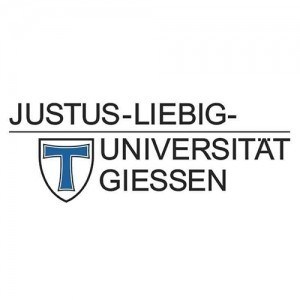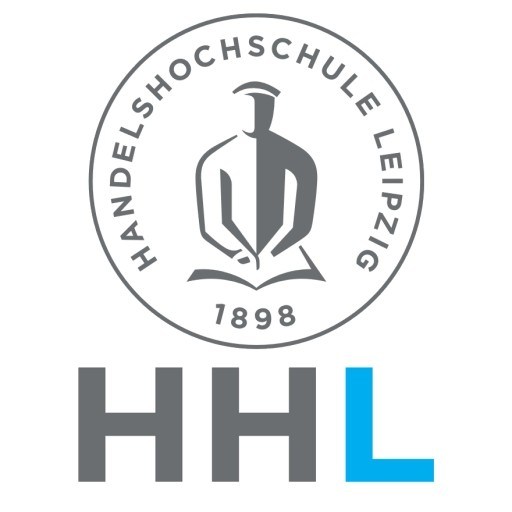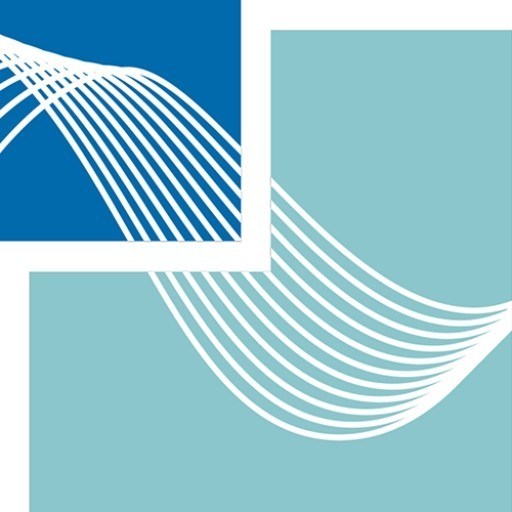Photos of university
Description = "The Master’s degree program in Global Change Management at Eberswalde University for Sustainable Development is designed to prepare students to address the complex and interdisciplinary challenges posed by global environmental, social, and economic changes. This program offers a comprehensive curriculum that combines theoretical knowledge with practical skills, enabling graduates to develop innovative solutions for sustainability issues across diverse sectors and regions. Students delve into topics such as climate change mitigation and adaptation, sustainable resource management, environmental policy, and social innovation. The program emphasizes interdisciplinary approaches, integrating insights from natural sciences, social sciences, and economics to foster a holistic understanding of global change phenomena. Through a combination of coursework, project work, and field experiences, students acquire competencies in project management, stakeholder engagement, and strategic planning. The program also encourages critical thinking, ethical considerations, and the capacity for adaptive learning in dynamic and uncertain environments. International exchange opportunities and collaborations with organizations active in sustainability initiatives provide students with practical exposure and global perspectives. Graduates of the Master’s in Global Change Management are equipped to work in international organizations, environmental consulting firms, government agencies, non-governmental organizations, and research institutions dedicated to sustainable development and climate resilience. Overall, this program aims to cultivate responsible leaders capable of designing and implementing effective solutions to promote resilience and sustainability in a rapidly changing world."
Educational organisation
First and second semesters:- Global change processes and the driving forces behind them
- Impacts of global change on biological systems and land use
- Socio-economic, institutional and political dimensions
- Design and implementation of management strategies
- Independent research project (at a university or partner institution in Germany or abroad)
- Integral module "Designing climate change mitigation projects", elective modules and Master's thesis
Study abroad unit(s)
Third semester: independent research project (at partner institutions in Germany or abroad)Internships
NoneForms of assessment
Technical discussions, project presentations, oral reports, written exams, term papers, protocols, work reports, project reportsCourse objectives
This Master's programme trains specialists who are able to contribute effectively to the mitigation of and adaptation to the drastic effects of global change. The main focus is on a proactive and sustainable use of natural resources.Language requirements
A certificate of proficiency in English: TOEFL (at least 87 points (IBT)), ICC 2, Unicert 3, IELTS 5.5 or an equivalent certificationNative speakers do not have to prove their English skills.
Academic requirements
Proof of a university degree such as Bachelor of Science or Diploma has to be provided.Enrolment fees
Approx. 250 EUR per semester. The fee includes a semester ticket covering public transport in the federal states of Brandenburg and Berlin.Costs of living
500 EUR to 600 EURJob opportunities
There are few job opportunities in Eberswalde. More opportunities can be found in the capital of Germany, Berlin (50km from Eberswalde).Funding opportunities within the university
The university has a scholarship programme for excellent students. Recipients receive approx. 300 EUR per month.Arrival support
The goal of the buddy programme is to provide comprehensive support to foreign students at the beginning of their stay in Eberswalde and help them to handle any difficulties that may arise. Your German partners will welcome you and give you a helping hand from your arrival onward, assisting you in searching for accommodation, registering at state offices, opening a bank account, and exploring Eberswalde and its attractions.Services and support for international students
- Intensive study guidance counselling through a comprehensive information package, personal assistance, support in organising a semester abroad, provision of affordable accommodation
- HORIZONTE e.V.: Association for the integration of foreign students into academic life and society
Accommodation
There are two options for accommodation: the student hostels, which are managed by the student service (Studentenwerk), or a privately rented room or flat.The prices for a room in the student hostels are between 180 EUR and 230 EUR.
The prices for privately rented rooms are between 100 EUR and 250 EUR.








